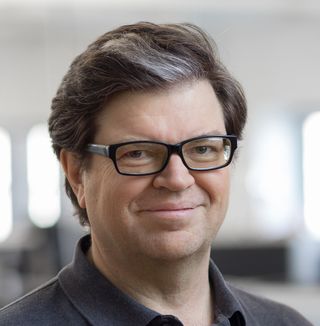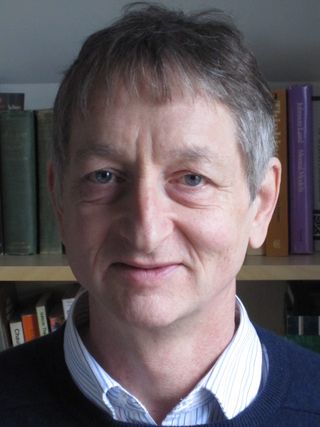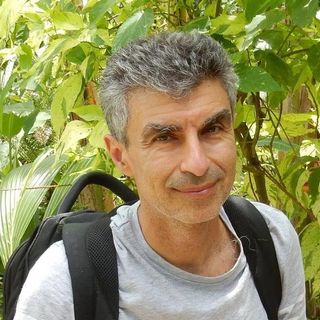Trio of AI pioneers named winners of the Turing Award
The three unsung heroes helped define modern day computer science

Three artificial intelligence (AI) pioneers have been jointly awarded the Alan Turing Award for 2019, a prize coined 'the Nobel Prize' for AI.
With a hefty 1m prize, the three winners split the pot for their transformative work in neural networking, a technology that heavily underpins the success of AI which works by teaching technology to think in the same way a human neural network behaves and processes information.
Drs. Yann LeCun, Geoffrey Hinton and Yoshua Bengio were the beneficiaries of the prize for their work in a field that's been in constant development for more than 50 years. LeCun is currently chief AI scientist for Facebook, Hinton is based in the Google Brain research division, and Bengio is a professor at the University of Montreal and currently works alongside IBM.
Combined, their work on neural networking has changed the way AI tech is built and accelerated development in facial recognition, warehouse robots and autonomous cars.
The trio has been commended not just for their achievements, but their commitment to the field which saw a large dropoff between the mid-90s and mid-2000s. After combining to secure funding from the Canadian government to sponsor a research hub, they organised regular meetings, workshops and summer schools for their students.
It was in 2012 when their research led by Hinton beat the leading algorithm at the time for object recognition by 40% using their work on neural nets as a basis. That's when AI really start to take off and make people believe, according to LeCun.
It's a highly prestigious award that anyone in the field would love to receive, but who are the winners and what has led them to this great success?
Get the ITPro. daily newsletter
Receive our latest news, industry updates, featured resources and more. Sign up today to receive our FREE report on AI cyber crime & security - newly updated for 2024.
Yann LeCun

Dr LeCun is a French AI specialist with a background in electrical engineering before making the switch to computer science, garnering various degrees from prestigious universities along the way.
LeCun now holds the director of AI research at Facebook and has published over 180 technical papers and book chapters on machine learning, computer vision, robotics, pattern recognition, neural networks, handwriting recognition, image compression, document understanding, image processing, VLSI design, and information theory.
His handwriting recognition technology is used by banks across the world and hisses image recognition model, convolutional network, is used by such companies as Facebook, Google and Microsoft for things such as image recognition and tagging and document recognition.
Geoffrey Hinton

Somewhat fittingly to his work with neural networks, British-Canadian Hinton's background lies in experimental psychology with a degree in the subject from King's College, Cambridge before gaining a PhD in artificial intelligence from the University of Edinburgh.
Some of Hinton's most notable work lies in the application of the backpropagation algorithm in neural networks which played a significant role in the way multi-layered neural networks perceived and understood data. He's also known for his work with Boltzmann machines which played a big role in the early understanding of neural networks.
Hinton now works at Google where he designs machine learning algorithms with an aim to discover a learning procedure that can be applied to large datasets in a way that mimics the human brain.
Yoshua Bengio

Bengio is regarded as one of the world's leading deep learning specialists who gained the most citations in academic literature in 2018. An engineering background provided him with the grounding to pursue further degrees in computer science.
According to his bio, his "ultimate goal is to understand the principles that lead to intelligence through learning". As well as work with IBM's deep learning department, Bengio has founded AI incubator in Montreal called Element AI which translates AI research into real-world business applications.

Connor Jones has been at the forefront of global cyber security news coverage for the past few years, breaking developments on major stories such as LockBit’s ransomware attack on Royal Mail International, and many others. He has also made sporadic appearances on the ITPro Podcast discussing topics from home desk setups all the way to hacking systems using prosthetic limbs. He has a master’s degree in Magazine Journalism from the University of Sheffield, and has previously written for the likes of Red Bull Esports and UNILAD tech during his career that started in 2015.




